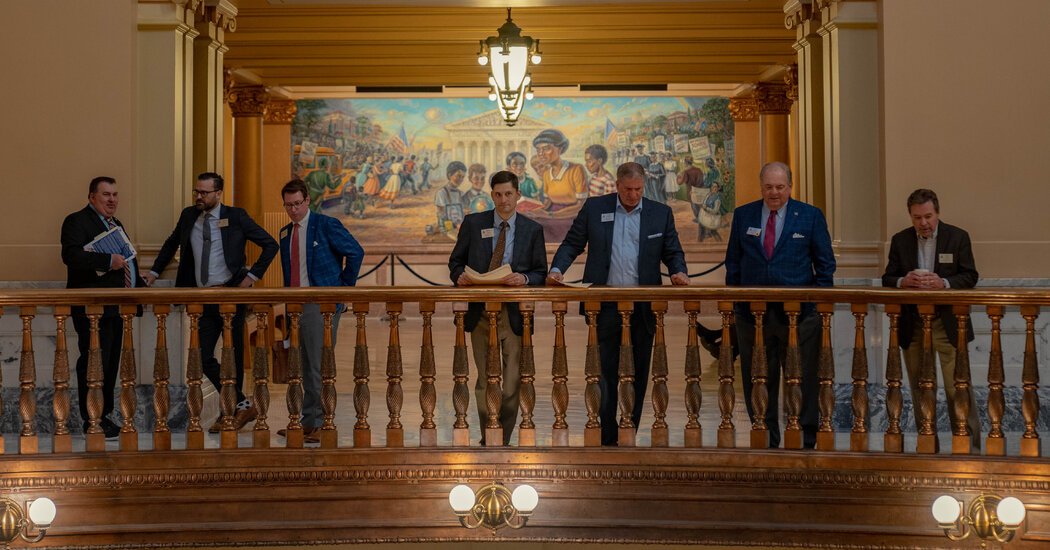For example, the association’s advisers predicted that Virginia could expect an additional $57 million a year in tax revenue if it legalized mobile sports betting and applied a 15 percent tax rate. That’s what Virginia did, but in the most recent 12 months of betting, the state only collected $38 million.
Other states with large deficits were Connecticut, Michigan, West Virginia and Wyoming. Overall, tax revenues in the 14 jurisdictions that allow mobile sports betting and have tax rates in the range expected by the gambling association have been nearly $150 million less in the past 12 months than the $560 million the group had predicted, discovered The Times.
The association defended its estimates. It noted that it had sometimes cited lower estimates for the size of the illegal gambling market. And the group argued that it was too early to say how much would be wagered or how many states would collect in taxes in the future and that as the market matured, tax revenues would rise. The association also said some states’ restrictions on college sports betting resulted in lower-than-expected revenues.
But another reason for the shortfall, the group admitted, was that some states had granted the gambling industry’s request for a generous tax exemption.
To entice customers into gambling, companies routinely dangle “free bets” and other promotions that sometimes cost thousands of dollars in total. Gamblers can use those credits to place bets without putting their own money on the line.
At least seven states, as well as Washington, D.C., agreed to let the companies fully deduct these promotional expenses from their taxable income. Several other states allowed partial deductions.
In Colorado, Michigan and Pennsylvania this year, free bets were so generous in February — the month of the Super Bowl — that promotional spending exceeded many platforms’ revenues, forcing them to pay at most miniscule tax bills that month, according to SportsHandle .

